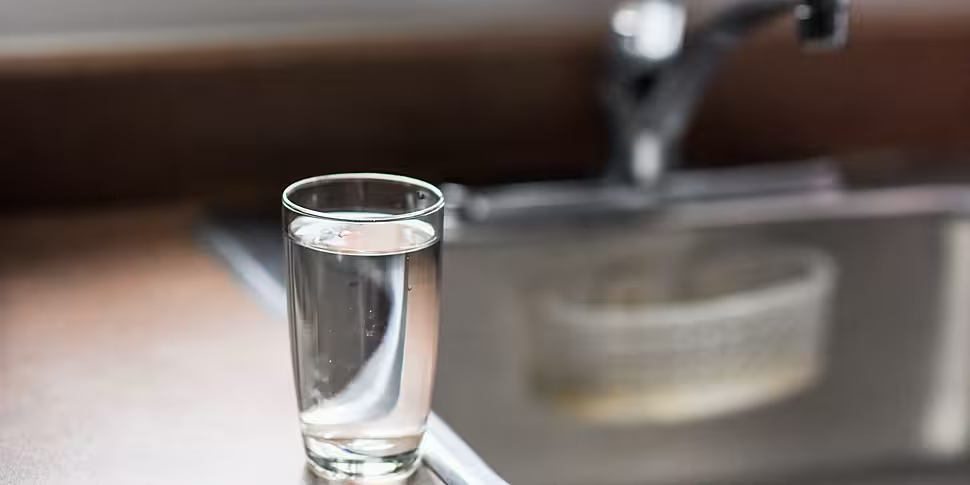Private water supplies serving around 5,500 people were found to contain E. coli last year, the EPA has warned.
The Environmental Protection Agency’s (EPA) latest private water supply report has found that 14 private group water supply schemes around the country contained E. coli last year.
The report warns that private water supplies have not improved in recent years and remain of poorer quality than public supplies.
The EPA is warning that “urgent action” is now needed to improve private drinking water quality in Ireland.
The report also notes that many small private supplies around the country are not registered with their local authority and, as such, may never have been tested for water quality.
On Newstalk Breakfast this morning, EPA Programme Manager Noel Byrne said it is very concerning to find E. coli in drinking water.
“There were 14 private group schemes that failed and they were serving 5,500 people,” he said.
“I suppose for those people really, you know, if someone does consume E. coli that can cause you to become ill.
“You can get a fever or diarrhoea and it can even be more serious if you're immunocompromised.
“So action does need to be taken by these group schemes where you have failures.”
Drinking water
Mr Byrne said there is Government funding available to improve private water schemes – however, 50% (€30 million) went unused last year.
He said a recent Government review found that access to funding varies across local authorities – and warned that any community that has water quality issues must have access to that funding.
He said the report found that around 200,000 people around the country are on private group schemes and a further 1,700 get their water from small private supplies.
“Those are businesses, like maybe hotels, that might have their own well,” he said.
“Now one of the key things we’ve identified here is that many of those aren't registered.
“We'll be calling on, for a lot of people who have their own well, if they're serving the public, to get it registered with the local authority.
“If it's registered with the local authority, it will then be monitored by the local authority and then the owner of those premises, or any consumers, can be satisfied that their water quality is good and safe to consume.”
Monitoring
Mr Byrne said the EPA is calling on the Government to make it a legal obligation for small private suppliers to register.
“It's a legal obligation for the local authority to maintain a register, but it's not a legal obligation for a supplier to register – but they should do, because it's the right thing to do,” he said.
“If they're serving consumers in a rural community, you know, they want to be satisfied themselves that what they're supplying is safe for them to drink.
“So, I think the registration of the supply is one of the key things that has to happen.”
EPA
The EPA report found that 16% of the 1,700 small private supplies registered were not monitored.
Some 4.1% (14 of 370) of the private water group schemes tested were not E. coli compliant.
Some 4.5% (73 of 1,434) small private supplies tested were not E. coli compliant.
Some 16 private group schemes and one small private supply failed to meet the Trihalomethanes (THM) standard.
You can listen back here:









